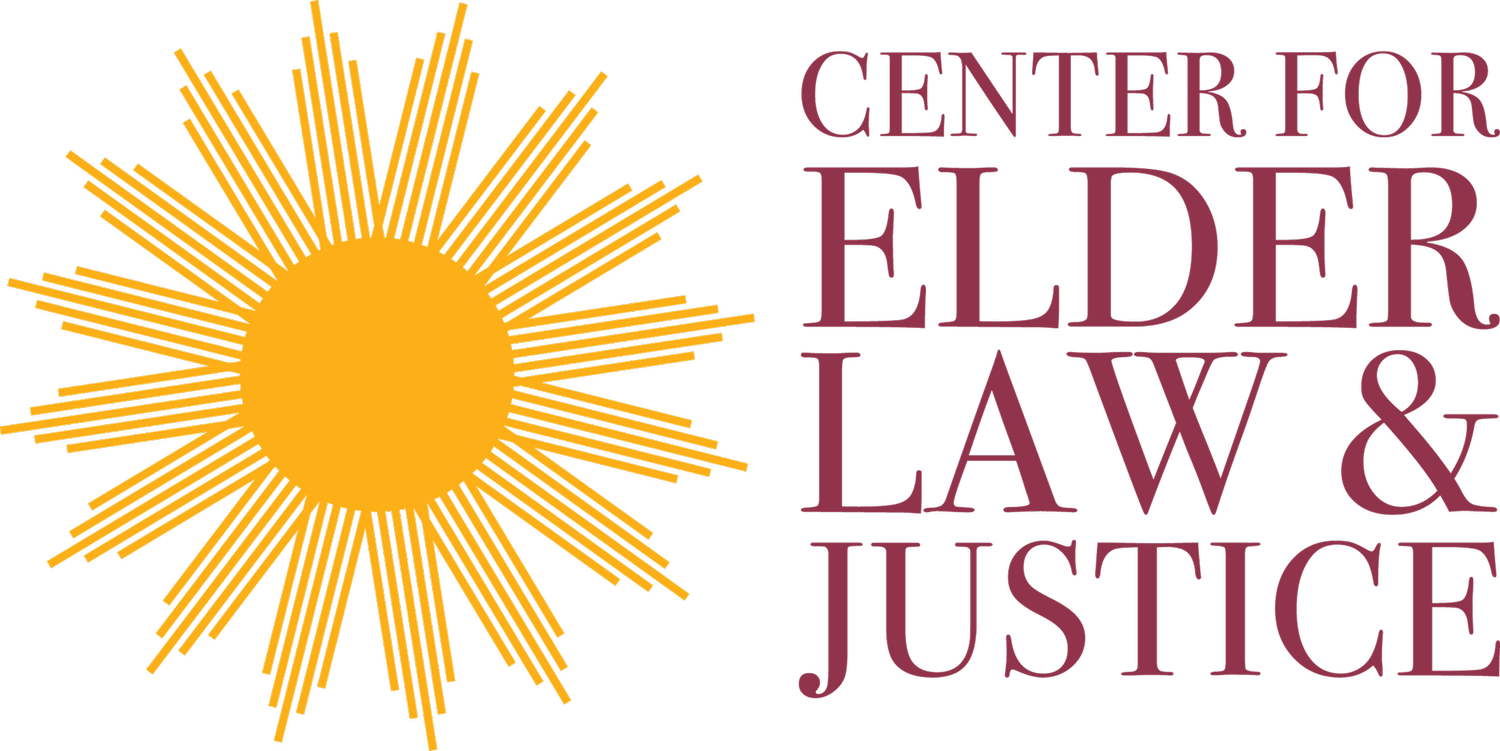PRo Bono Spotlight: Why Pro Bono?
Why pro bono?
Hear from long-time volunteer attorney Benjamin S. Cranston, Esq., Senior Associate at Phillips Lytle, on what has motivated him to volunteer with CELJ for half a decade:
How did you become interested in volunteering with the Center for Elder Law & Justice, and specifically, the Surrogate's Court Help Center?
My mentor advised me that the Surrogate’s Court Help Center would be a great opportunity to meet with clients and learn more about Surrogate’s Court practice. Prior to 2020, I volunteered at the Surrogate’s Court to assist in-person Help Center clients. As a young attorney, I enjoyed meeting clients face-to-face and assisting with a variety of Surrogate’s Court related issues. Surrogate’s Court practice may seem straight forward to practitioners, but something as simple as admitting a Will to probate can be difficult and confusing for a layperson. Unfortunately, most people will interact with the Surrogate’s Court during their lifetimes due to the death of a family member. Supporting an in-need group in my area of specialization was my main motivation to assist with the program. Clients are very appreciative of the guidance that we can provide in this complex area of law, which is always a nice bonus.
How does your experience participating in the post-Covid, phone-based consultation program compare to when the Help Center was run solely as an in-person consultation program?
While we did lose the face-to-face meetings with clients, I find that clients have a better experience on phone consultations. Clients appearing in person often forgot certain documents, or did not know they needed to bring certain information to the meeting, which occasionally caused issues when completing documents or answering specific questions. Phone consultation clients usually have all of the information available to them, in their home, and are taking notes during the call. Further, it saves travel for clients who may have difficulty traveling or not have access to a vehicle/public transportation. While it would be nice to meet clients again in-person, the phone consultation is a fantastic option, and sometimes, is more optimal than clients traveling to the Court.
After five years of volunteering with the Surrogate's Court Help Center, what keeps you coming back to handle more calls? What motivates you to stay involved with this program?
Clients who call the Surrogate’s Court Help Center are generally going through difficult life events and are often frustrated or confused about the process of, for example, admitting a Will to probate. When I finish a call with a client, I feel (and they often express) that I have helped a member of the community with a real, personal problem, and I can often sense a great deal of relief that they have an outlet for their questions. From a personal standpoint, it also gives me a chance to interact with clients who have unique and interesting issues to solve - and often issues that I do not see in my regular practice. This has been an educational experience for me, and hopefully beneficial to the clients as well.
What would you tell attorneys who might be hesitant to volunteer with the Surrogate's Court Program, or explore other pro bono opportunities?
For young attorneys new to practice, client interaction and on-the-spot problem solving are the greatest ways to learn how to “lawyer.” Clients are appreciative of any level of knowledge, and you should not feel deterred because you are not yet an expert in your area of practice. By assisting with pro bono programs, you are helping those who are most at need and gaining important experience and knowledge. Finally, the sense of relief that you give a client when addressing their questions and issues will provide a great deal of personal and professional satisfaction.
How does your volunteer work support the rest of your practice?
Each pro bono client has a unique set of circumstances, particular issues to handle and complex problems to solve. My experience with pro bono clients keeps me sharp, brings me back to the basics of Surrogate’s Court practice, and forces me to think about unique solutions to client problems. I have implemented some of those unique solutions into my day-to-day practice and have grown, overall, as an attorney due to my pro bono experience.
Mr. Cranston completed over 50 hours of pro bono service in 2023 - thank you for your dedication!
